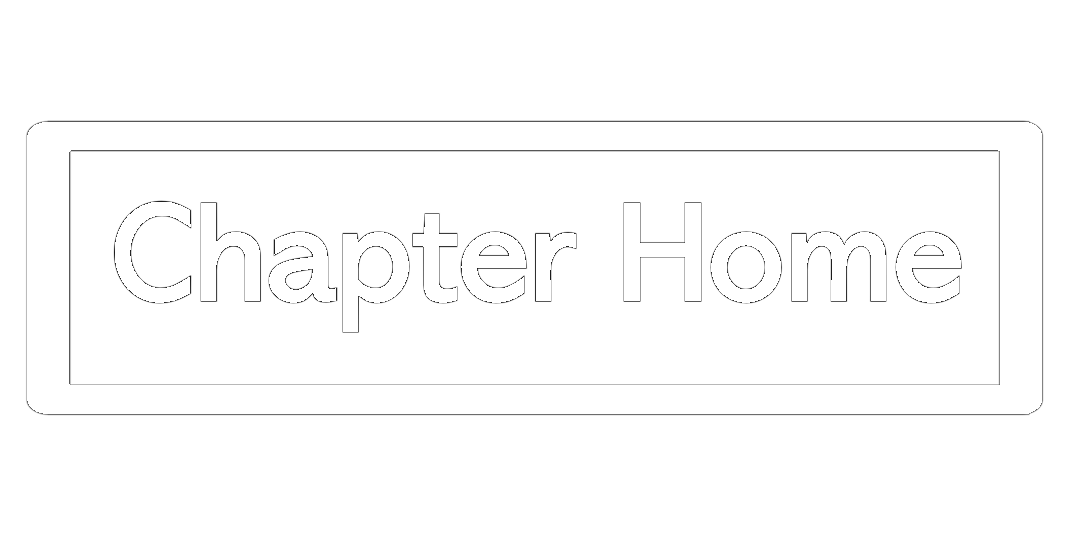Chapter 28, PART 1

I have been told of Logan’s death—how my nephew tried to wake him for work and he would not budge. My nephew went to the upstairs apartment to get the neighbors because only the night before they had all been joking about how hard Logan was to awaken for work everyday. My nephew knocked on the neighbors’ door, and told them, “Come downstairs, guys. You’ve got to see this,” referring to proof that Logan slept soundly. When they clanged pots and pans directly over Logan’s head and he did not move, they then knew something was wrong. They tried giving him CPR, directed by 911 over the phone until the ambulance arrived, but to no avail.
I do not know why this happens to anyone, but I do not think you, I or anyone else who has lost a child was singled out. I gave up the question of why very early on in the death grieving process, as nothing can come of it. On the other hand, some people can make a why out of it for the good of others: Adam Walsh’s tragic death caused his parents to found the Adam Walsh Foundation. The organization Mothers Against Drunk Drivers brings the dangers of driving while intoxicated to the public eye.




